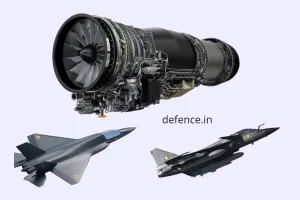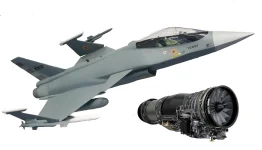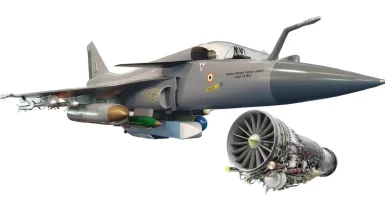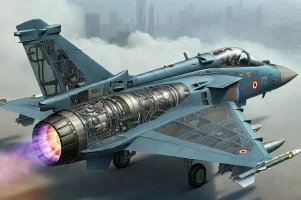- Views: 7K
- Replies: 35
India's ambitious Tejas Mk2 fighter jet program faces a potential cost increase as the price of the GE-414 engines, crucial for the aircraft's performance, is reportedly rising. This price adjustment stems from ongoing negotiations for the technology transfer (ToT) involved in manufacturing these engines domestically.
Despite the potential increase in ToT costs, sources suggest that the unit cost for each GE-414 engine produced in India is expected to be around $10 million. This estimate aligns with the baseline cost observed in the Korean KF-21 Boramae program, which utilizes similar engines.
The deal for 99 GE-414 engines is expected to be finalized by the end of March 2025, with local production commencing in 2028. While the exact unit cost remains under negotiation, projections indicate it will likely be slightly above the $10 million mark per engine. This reflects the advanced technology involved and the economies of scale anticipated from domestic production.
This cost escalation is not unique to India's defence acquisitions. Global defence deals are facing price adjustments due to various factors, including inflation, supply chain disruptions, and the evolving nature of technology transfer agreements.
However, for India, the increased cost is balanced by the strategic advantage of establishing indigenous manufacturing capabilities. This reduces long-term reliance on foreign suppliers and potentially lowers costs over time as production scales up.
The agreement with General Electric (GE) for the F-414 engines is vital for the Tejas Mk2 project, which aims to enhance the Indian Air Force's capabilities with advanced, domestically produced aircraft.
The GE-414 engine, renowned for its high performance and reliability, is expected to significantly boost the Tejas Mk2's capabilities, making it a formidable asset in modern aerial combat.






